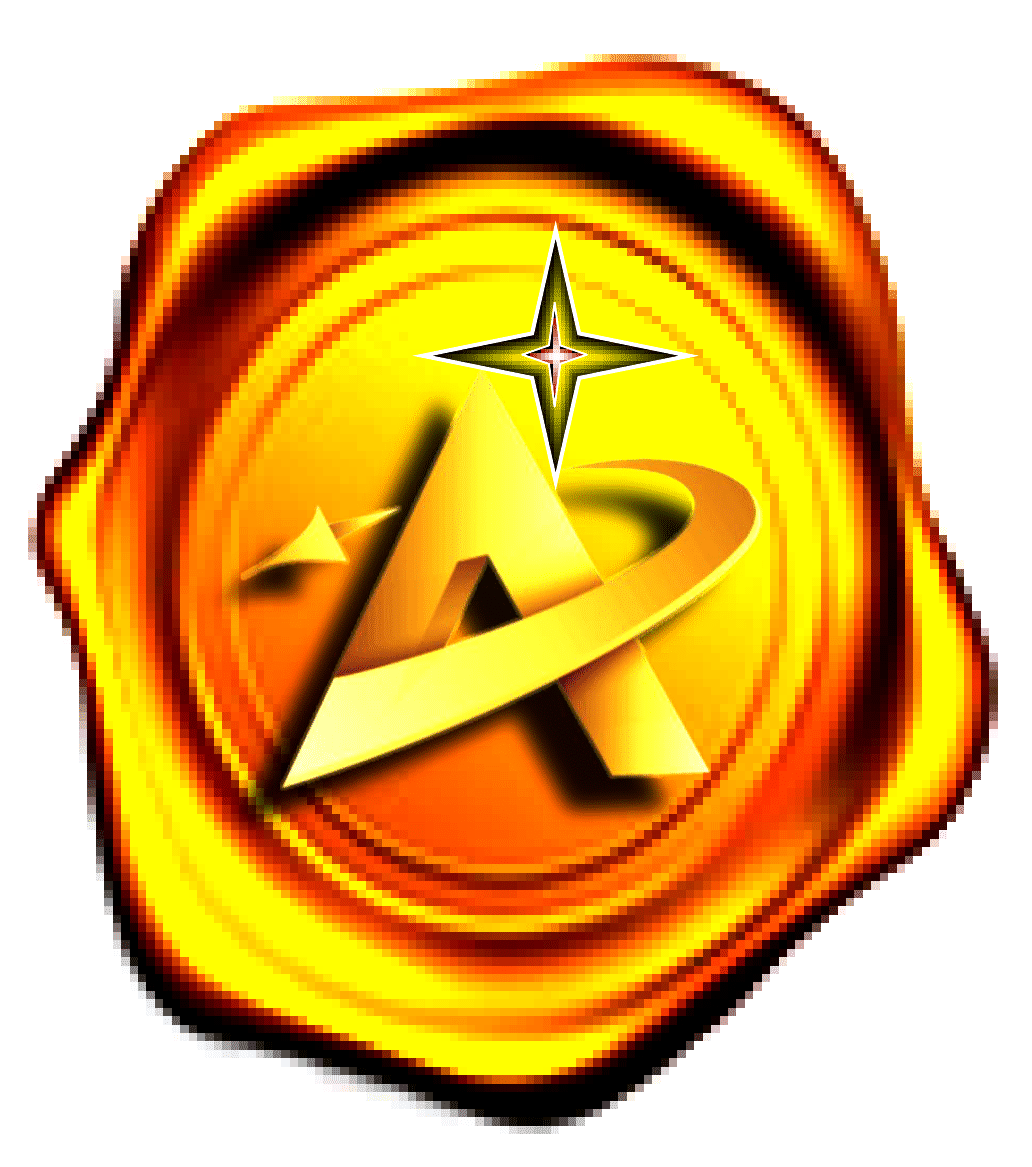Dyslexia and dyscalculia assessment
We understand the problems in teaching and learning. Teaming up with parents we find solutions.
We understand the problems in teaching and learning. Teaming up with parents we find solutions.
Dyslexia and other forms of learning difficulties
Dyslexia is a specific learning difficulty that primarily affects the ability to learn to read and spell. It often runs in families and stems from a difficulty in processing the sounds in words.
A diagnostic assessment
Some 10% of the UK population are affected. A diagnostic assessment will identify dyslexic difficulties as well as associated difficulties, such as dyspraxia, attention deficit disorder and visual stress.
The assessment will include the following components...
- review of educational and occupational history
- comprehensive assessment of cognitive abilities, e.g., verbal skills, memory;
- assessment and detailed analysis of literacy and phonological skills, including timed tests of reading comprehension and of writing;
A formal definition of dyslexia was recommended by Sir Jim Rose in an independent report: Identifying and Teaching Children and Young People with Dyslexia and Literacy Difficulties which was agreed by the Department for Education in 2009. It affects the ability to learn to read and spell. It involves difficulties in dealing with the sounds of words, which makes it especially hard to learn to use phonics to read words. It can affect short-term memory and speed of recalling names. Other kinds of difficulties, for example with maths or with co-ordination, sometimes go alongside dyslexia, but they do not always.
Dyslexia is not the same for everyone:
- it can be mild or severe;
- it varies depending on other strengths, or difficulties;
- it varies depending on the kind of support and encouragement that is given at school, at home and at work.
- People with dyslexia often have strengths in reasoning, in visual and creative fields;
- dyslexia is not related to general intelligence;
- and is not the result of visual difficulties.
Assessment and screening
We offer a variety of assessments and screenings, which can help you to understand the difficulties you face.
Dyslexia usually runs in families, but there is still much that can be done, especially if intervention is given early.
People with dyslexia often, but do not always, show characteristics of other specific learning difficulties such as dyspraxia, attention deficit disorder or dyscalculia. There are a number of known specific forms of learning difficulties which, includes¦
- ADHD
- Autism
- Dyslexia
- Dyscalculia
- Dysgraphia
- Dyspraxia
Dysgraphia is a learning disability that causes individuals to have difficulty expressing themselves effectively in writing. Since dysgraphia is a processing disorder with a neurological basis that occurs in children who are simultaneously trying to master the motor skills needed to write, while learning the thinking skills necessary to express themselves in writing, it can have a compounding effect.
According to the National Centre for Learning Disabilities, some warning signs of dysgraphia include: a tight, awkward pencil grip; avoiding writing tasks; trouble forming letter shapes; inconsistent spacing between letters or words; illegible handwriting; mixing cursive and print writing; trouble thinking of words to write; omitting or not finishing words in sentences; trouble organising thoughts on paper; and difficulty with syntax structure and grammar (Michelle McFarland-McDaniels eHow Contributor).
Dyspraxia is the term used to describe difficulties with spatial skills and physical co-ordination. Other commonly-found characteristics are poor organisational ability and weak social skills. Attention deficit disorder (ADD) is often associated with dyspraxia. It is characterised by a short attention span, distractibility and impulsiveness. If physical restlessness is also present, it is referred to as ADHD Attention Deficit Hyperactivity Disorder.
The Aspire Academy & tuition offers assessment and screenings, which can help parents to understand the difficulties their face. Our assessments are designed to identify not only dyslexia, but also dyspraxia, attention deficit disorder and visual stress.



